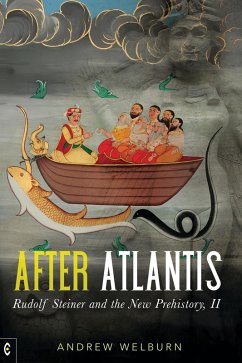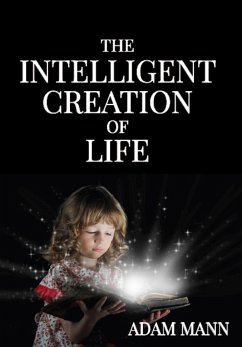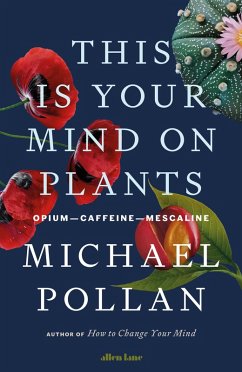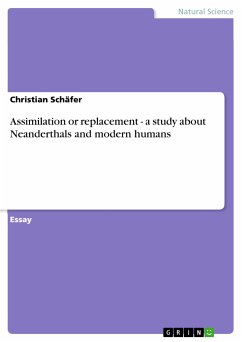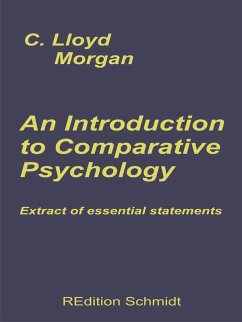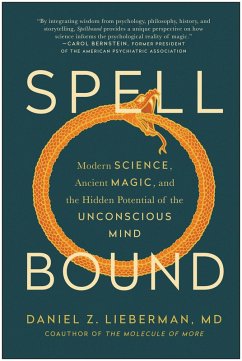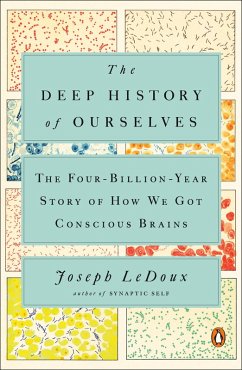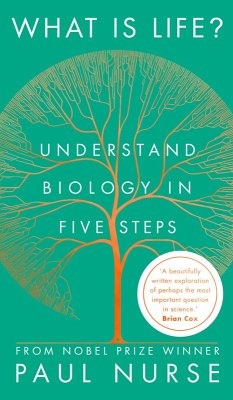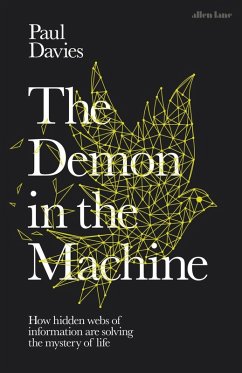
Neanderthals and Atlantis (eBook, ePUB)
Rudolf Steiner and the New Prehistory
Versandkostenfrei!
Sofort per Download lieferbar
20,39 €
inkl. MwSt.
Weitere Ausgaben:

PAYBACK Punkte
0 °P sammeln!
Where do we come from? The idea of human origins - the whole pattern of prehistory - has been through a revolution. The long-held Darwinian view purported to show how adopting an upright posture caused the gradual transition from animal to human. That theory has fallen apart spectacularly. Human orientation and equilibrium are now seen as a 'biological new beginning'. Characteristics such as social complexity and artistic ability emerged with startling suddenness - in a Stone Age 'cognitive explosion'. In place of Darwin, an entirely new history has emerged: a migration out of Africa and a Mid...
Where do we come from? The idea of human origins - the whole pattern of prehistory - has been through a revolution. The long-held Darwinian view purported to show how adopting an upright posture caused the gradual transition from animal to human. That theory has fallen apart spectacularly. Human orientation and equilibrium are now seen as a 'biological new beginning'. Characteristics such as social complexity and artistic ability emerged with startling suddenness - in a Stone Age 'cognitive explosion'. In place of Darwin, an entirely new history has emerged: a migration out of Africa and a Middle Eastern transformation. Crucial to understanding this is the discovery of our mystical-shamanic roots, as shown in the cave-paintings that dazzled Picasso. It has become clear that the cognitive leap was a spiritual revolution. Not least, our supposed human uniqueness has been challenged by the Neanderthals, whose heritage has been hidden for millennia. In no sense crude 'ape-men', they were a highly intelligent, culturally advanced people whose history long overlapped ours. Without them, human evolution would undoubtedly be very different. Over one hundred years ago, Rudolf Steiner spoke of two human types or species. This book illustrates how many of Steiner's descriptions of human development coincide remarkably with emerging perspectives. His evolutionary thinking about humanity's distinctive role can set scientific discoveries in a dramatic new light. His concepts concerning rhythmic phases and transitions - grounded in the formation and disintegration of continents - give authentic scientific expression to the myth of Atlantis. Welburn weaves Steiner's perspectives with contemporary research in this ground-breaking work, exploring the turning-points of human consciousness. In doing so, he helps replace the search for man's animal connections with the need to re-think the very meaning of being human.
Dieser Download kann aus rechtlichen Gründen nur mit Rechnungsadresse in A, B, BG, CY, CZ, D, DK, EW, E, FIN, F, GR, H, IRL, I, LT, L, LR, M, NL, PL, P, R, S, SLO, SK ausgeliefert werden.




